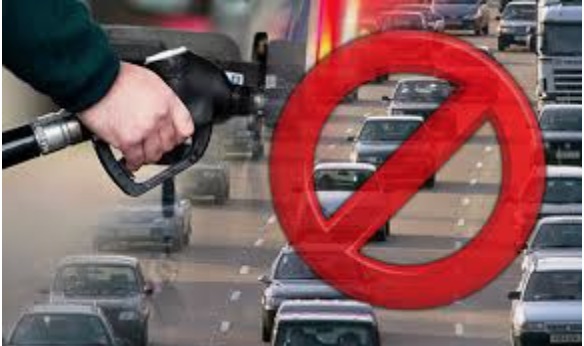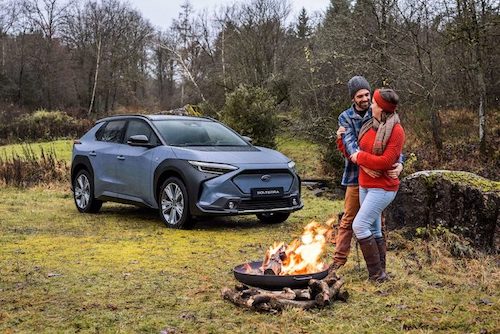Electric Cars: The Basics
For those of you new to zero-emission electric driving, we recommend a read of the following articles:
Sign up to the e-zoomed Electric Living newsletter

The global automotive industry is witnessing a change not seen for a century. In fact, the current disruption in the global automotive industry is at an unprecedented level not witnessed before. A number of factors are influencing this paradigm shift in the automotive sector, such that, the next 10 years will have very little in common with the past 100 years.
Key factors galvanising this change include, innovation, regulations and consumer tastes. Though each of these stakeholders have a different approach, the end goal/ vision is the same. Creating and executing a transportation framework with the environment at its core. In terms of innovation, the most significant challenge to the traditional automotive sector, is the development of modern electric cars, in particular, zero-tailpipe emission battery-electric vehicles (BEVs). Both governments and consumers across markets have demonstrated significant support to migrate from polluting conventional internal combustion engine (ICE) vehicles, to environmentally-friendly cleaner electric cars.
We at e-zoomed expect most cars sold in the UK, between 2023 and the commencement of the ban on petrol/ diesel cars (2030), to be electric cars. In fact, the market share of electric cars in the UK has increased significantly within a very short span of time (3 years). Battery-electric cars already command a market share in excess of 15% in the UK. We can expect this to continue to increase rapidly, as automotive manufacturers shift from developing internal combustion engine (ICE) cars to electric vehicles (EVs). A number of global automotive manufacturers have already started shifting their portfolio from ICE to EVs!
| Ban: diesel and petrol cars | |
|---|---|
| Why is the UK government banning the sale of petrol and diesel internal combustion engine (ICE) cars and vans? | Like governments around the world, the UK government is committed to reducing the adverse environmental and health impact from road transportation, in particular, the fast increasing air pollution across the UK. Road transportation, though, not the only contributor to pollution and greenhouse gas emissions, is a significant contributor (30%). Cars and vans (19%). By migrating to zero-tailpipe emission electric cars and electric vans, the air quality will improve significantly across all regions of the UK. The ban is part of a 10-point plan set out by the government to achieve its target of becoming carbon neutral by 2050. |
| When will the ban on petrol and diesel cars and vans start? | From 2030, new internal combustion engine (ICE) petrol and diesel cars/vans will not be allowed to be sold in the United Kingdom. The ban was initially slated for 2040, but was moved forward to 2035, and then to 2030. Moreover, from 2035, all vehicles in the UK will need to be zero-tailpipe emissions. Put another way, plug-in hybrid electric vehicles (PHEVs) will not be allowed to be sold in the UK after 2035. However, between 2030 and 2035 PHEVs with be allowed to be sold. |
| When did the UK government announce the ban on petrol and diesel cars? | The government first announced its intention to ban the sale of new petrol and diesel vehicles in its Road to Zero Strategy in July 2018. |
| What are the benefits from banning internal combustion engine (ICE), petrol and diesel vehicles? | The benefits are numerous. Some of these include: reduced air pollution (in particular, harmful pollutants as a result of tailpipe emissions), reduce the incidence of illnesses and deaths as a result of emissions from road transportation, protect the vulnerable (in particular, the children and the elderly), mitigate risks related to global warming and climate change and more! |
| What will happen to petrol and diesel cars after 2030? | Used petrol and diesel cars will still be allowed to be driven in the UK. However, by 2030, we expect the majority of used cars on UK roads to be electric. |
While e-zoomed uses reasonable efforts to provide accurate and up-to-date information, some of the information provided is gathered from third parties and has not been independently verified by e-zoomed. While the information from the third party sources is believed to be reliable, no warranty, express or implied, is made by e-zoomed regarding the accuracy, adequacy, completeness, legality, reliability or usefulness of any information. This disclaimer applies to both isolated and aggregate uses of this information.











































